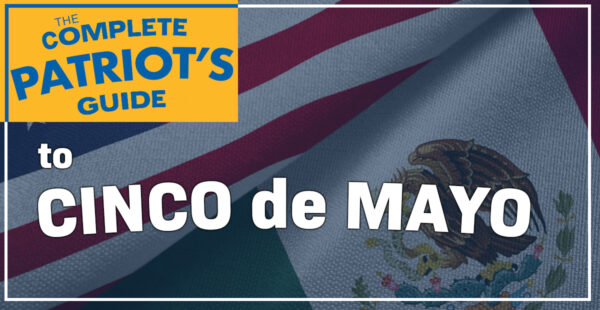Careful what you believe! It could be fake news. And it could be threatening our democracy.
“Fake news” has become a political weapon, a term of derision. And a meme. No matter how we use it now, the meaning has changed since the term first entered the popular lexicon.
Back then, after the 2016 election, we found out that people in Russia and a few people here at home had been making up “news” stories and posting them on social media as if they were legit. The guy from the United States was trying to make money from the hits his “news” stories got. The Russians were trying to influence the presidential election.

That truly was fake news – material written as if it were an actual story that could have appeared in a newspaper or online site but was made up out of thin air. It was, purely and simply, a set of lies.
But the meaning of the term quickly changed. Within months in some quarters, “fake news” became any news story with which someone disagreed. If the story is critical of me, my policies, or my friends, I’ll just call it fake. I’ll discredit the news source. I’ll try to get people to stop trusting the media entirely. And why not? The American public hasn’t trusted or liked the mass media for decades. Why not use that to my advantage? Why not try to convince people they can’t believe anything unless it affirms their world view?
Here’s why not. When the founders wrote the Bill of Rights, they included freedom of the press in what became the First Amendment not because they loved seeing criticism of themselves in print but because they recognized something absolutely fundamental to democracy: that the people must be able to know what their government is doing and must be able to say whether or not they approve. The majority of the time, that interaction happens via the media.
Democracy – and effective civic life – is impossible without a free press that works on our behalf to monitor our public officials and let us know what they are doing. And to give us a channel through which to agree or disagree.
Yes, the mass media make mistakes. They have done so since Day One. But legitimate media outlets make every effort to get it right, to be sure the news is based on observable fact and/or the words of honest sources. They make every effort not to put out “fake news.”
Of course, the situation is complicated these days by the digital world. Suddenly, anyone can be a journalist, loosely defined. The places one can get news is nearly infinite. And that puts the responsibility on the reader or viewer to know where the “news” is coming from.
For sure, Facebook and Twitter and other social media can link to real news. But they can also – ah, so easily – link to things that are made up to promote the writer’s point of view at the expense of the truth.
So, when you read a news item that seems too good – or too bad – to be true, track down the source. When you hear something denounced as “fake news,” consider who says so and why. When you’re tempted to use the term “fake news” sarcastically, be sure your peeps understand what you’re implying.
And don’t let anyone tell you that uncomfortable news or unwelcome news is “fake.” It’s essential to sort out the truly “fake” from the “true but uncomfortable” if we’re going to keep our democracy working.

Charlyne Berens, a retired newspaper editor, professor, and associate dean of the University of Nebraska College of Journalism and Mass Communications, is passionate about the First Amendment and freedom of expression. For more Civic Nebraska Writers Group columns, click here.





Thank you for this article. Anyone can make a mistake. When legitimate news outlets are wrong, they admit it and print a retraction or a correction. Screaming headlines and outlandish accusations should always make us suspicious. If you can’t find a reliable source for the story – don’t pass it on.